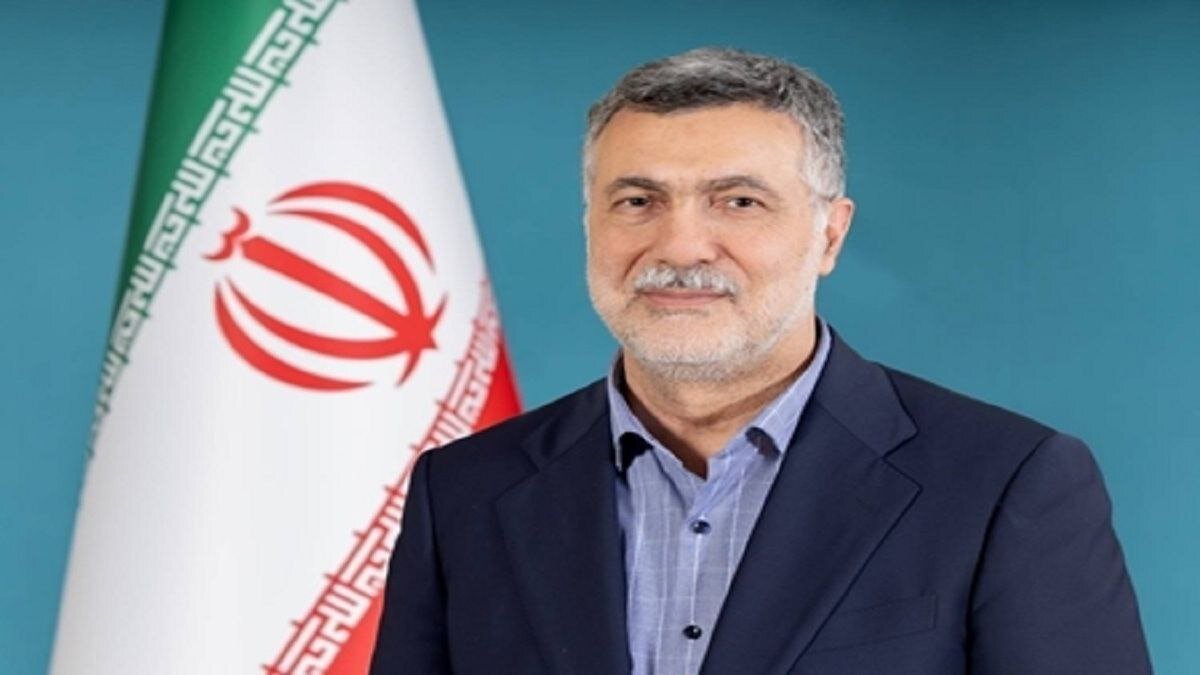Health minister attending WHO Regional Committee for Eastern Mediterranean

TEHRAN – An Iranian delegation headed by Health Minister Mohammad-Reza Zafarqandi is participating in the Seventy-second session of the World Health Organization (WHO) Regional Committee for the Eastern Mediterranean (RC72) being held in Cairo, Egypt, from October 15 to 17.
Hosted by the WHO Regional Office for the Eastern Mediterranean, the event brings together health ministers, policy-makers, and regional leaders to address urgent health priorities and longer-term reforms.
The participants will discuss the most important health issues in the region, including polio eradication, health emergencies, immunization programs, palliative care, climate change, as well as the impacts of sanctions on public health, ISNA reported.
On the sidelines of the event, Zafarqandi will hold meetings with the WHO director for the Eastern Mediterranean Regional Office (EMRO), Hanan Balkhy, and his counterparts in the region.
RC72 is convening at a time of extraordinary global challenges. Conflict, humanitarian crises, climate change, and economic fragility are placing the health systems of many countries under immense strain.
RC72 provides a platform for countries to deliberate and adopt resolutions on the Region’s most pressing health topics. This year, 5 technical papers will be presented, encouraging Member States to commit to:
Halving the number of zero-dose children – those who have never received a single vaccine – by 2030, and eliminating rubella and congenital rubella syndrome.
Integrating palliative care into national health systems. Millions – including cancer patients, children with congenital conditions, and refugees with chronic illnesses – die in avoidable pain.
A new resolution will address health-system recovery in crisis-affected countries like Afghanistan, the occupied Palestinian territory, Sudan, and Yemen. It seeks to ensure that the humanitarian response goes hand in hand with early investment in rebuilding health systems, restoring trust, and strengthening future resilience.
Reviewing laboratory safety and governance, a long-overlooked area of regional health security.
A regional consultation to develop a climate-resilient health framework. Building on the Global Plan of Action on Climate Change and Health adopted at the World Health Assembly earlier this year, WHO EMRO is proposing a consultative process to develop a regional operational framework on climate and health.
Ministers will also review a range of progress reports on priority health issues, discuss governance matters, and be invited to endorse a call to action on breast cancer, the leading cancer among women in the Region.
Iran regional leader in UHC: WHO official
During a meeting held on the sidelines of the 78th World Health Assembly (WHA), Balkhi said Iran is a leading country in expanding its healthcare system and providing access to universal health coverage (UHC).
Lauding the country’s achievements in recent years, Hanan Balkhi said expanding primary health care services, increasing access to health coverage in rural areas, maintaining high vaccination rates, and reducing maternal and newborn mortality, Iran has managed to become a successful role model in the region, the health ministry’s website reported.
WHO EMRO is working closely with the Iranian regulatory institutions to achieve regulatory maturity level 3 in the pharmaceutical regulatory system to pave the way for broader exports of Iranian health-oriented products to global markets; it will also contribute to promoting global health security, Balkhi added.
MT/MG
Leave a Comment